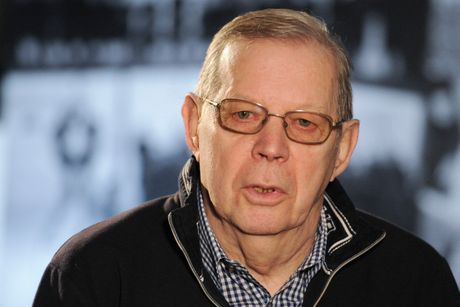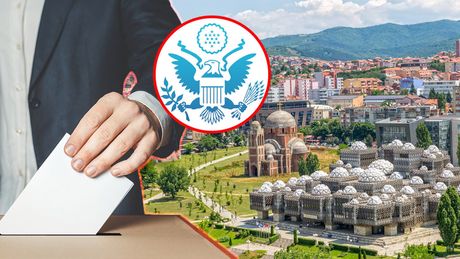Ex diplomat on Quint's statement: I don't expect concrete actions like during the Trump administration

The Quint countries (five Western states) issued a joint statement yesterday, saying they were very disappointed with Pristina's decision to reject a constructive proposal made by the Quint regarding the voting in Kosovo and Metohija in the upcoming Serbian elections on April 3, and assessed that such an attitude would "undermine Pristina's European aspirations."
Former diplomat Zoran Milivojevic told Telegraf.rs that these are verbal statements that will not be followed by any action, which is something, he noted, that we are used to.
"Apart from this verbal statement, one should not expect any concrete actions of a political nature that would affect a change in attitude, along the lines of what we had during the Trump administration and the first Kurti government when direct intervention from Washington influenced the fall of that government. In the administration of President Biden and in this new structure that we have, that has not happened so far," said Milivojevic.
He added that based on such an impression, the conclusion remains that the West supports Kurti's government and his political position, and that no other reactions can be expected, while the reason for that, he said, lies in the fact that their goals are the same, and that is recognition of so-called Kosovo.
"All five states that are in the Quint have recognized Kosovo and their goals are essentially the same, they may only differ in some tactics, and by this they respect Kurti's policy, and explicitly insisting on only one platform which means that Serbia recognizes Kosovo shows that in fact, they indirectly agree with it," Milivojevic assessed.

He explained that things cannot be interpreted differently, because, as he notes, there are no direct sanctions for Pristina.
"If the Serbs were to vote in Kosovo and Metohija, then that would be a clear signal that the West approaches the authorities in Pristina differently, but also the whole problem that applies to the Belgrade-Pristina relations, i.e., that it takes a neutral position. To date, this has not been the case. If what happened two months ago with the referendum is repeated, that is, if Kurti's decision not to have voting stands, to have (Serbs) vote only the way he wants, then I don't see what would be the change in Quint's position," said Milivojevic.
He assessed that the vote on April 3 is a kind of a test.
"We have a few more days until the elections. If there really is no action of a specific type, then there is no doubt that Kurti is fully protected and certain that his government is fully respected, and that the policy he pursues in relations with Belgrade, the dialogue and in resolving the Kosovo issue, completely matches, and has, if you will, the support of the West. This is a most serious test," said Milivojevic.
Asked whether this is then interpreted as pressure on Serbia to recognize so-called Kosovo, Milivojevic answered in the affirmative and added that if Kurti's policy has the support of the West, that automatically means pressure on Serbia.
"If this passes without reactions, regarding the elections, and if the same story is repeated as with the referendum, it means that in the future we expect that there will be synchronization and that there will be compatibility of political stances and policies in the coming period. For Serbia, that unequivocally means pressure," Milivojevic stressed.
(Telegraf.rs)
Video: Vučić pozdravio građane ispred Skupštine Srbije
Telegraf.rs zadržava sva prava nad sadržajem. Za preuzimanje sadržaja pogledajte uputstva na stranici Uslovi korišćenja.

